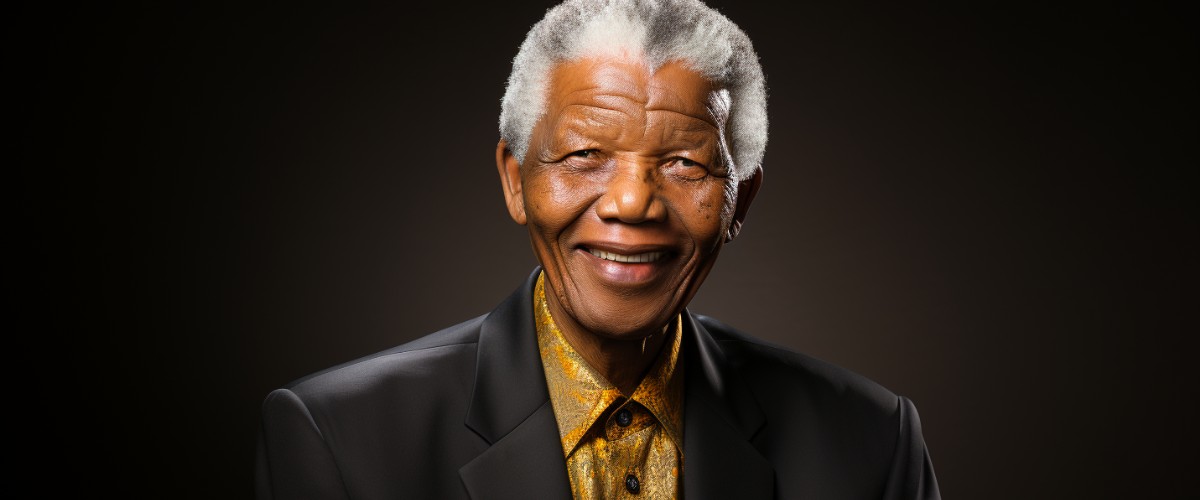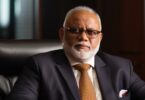The story of Nelson Mandela, affectionately known as Madiba, is a tapestry woven with threads of courage, perseverance, and an unwavering commitment to social justice. While his struggle against apartheid is well-known, the economic policies of his presidency deserve equal attention. These policies reflected Mandela’s vision for an inclusive, equitable, and prosperous South Africa.
When Mandela took office as South Africa’s first black president in 1994, he inherited an economy grappling with the twin challenges of slow growth and high inequality. The country was politically free, but economic freedom, particularly for the black majority, was still a distant dream. Mandela knew that to truly transform South Africa, he needed to address these economic challenges head-on.
Under his leadership, the government embarked on an ambitious economic reform program. The cornerstone of this program was the Reconstruction and Development Programme (RDP). Launched in 1994, the RDP aimed to alleviate poverty and address social imbalances. It encompassed housing, healthcare, education, and jobs, recognising that economic development had to go hand-in-hand with social development.
Mandela’s government also sought to attract foreign investment to stimulate economic growth. They understood that investment was vital for job creation and technological transfer. Efforts were made to improve the business environment, reassure international investors, and position South Africa as a favourable investment destination.
However, the road to economic transformation was not without its bumps. Balancing the need for growth with the need for redistribution was a constant challenge. Mandela’s government had to navigate fiscal constraints, social pressures, and the legacies of apartheid.
But through it all, Mandela’s commitment to economic justice never wavered. His leadership embodied a deep understanding of the interconnections between economic policy and social outcomes. And even when faced with tough choices, his compass always pointed towards what he believed would bring the greatest good for the South African people.
Today, the economic policies of Mandela’s presidency offer valuable lessons. They underscore the importance of inclusive growth, the need for economic policies to be rooted in social realities, and the power of leadership that prioritises the wellbeing of its people.
As we reflect on Mandela’s economic legacy, let’s remember his words: “Overcoming poverty is not a gesture of charity. It is an act of justice.” Through his economic policies, Mandela sought to make this act of justice a reality for South Africa. His story serves as a powerful reminder that economic development, at its core, is about creating a society where everyone has the opportunity to thrive.








